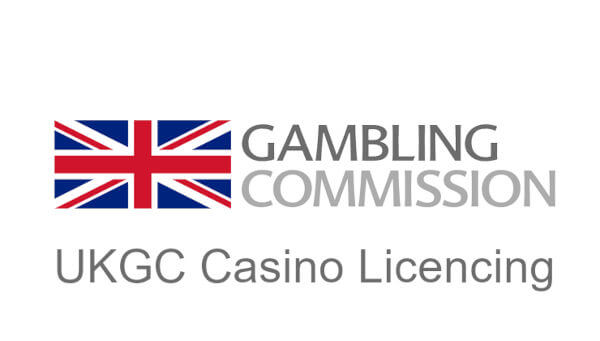How Casinos get a UKGC licence?
Any gambling company that wants to offer gambling services to England, Wales and Scotland residents must apply for a UKGC licence. This includes providing facilities for remote gambling, online or through other means, and advertising to consumers in Great Britain.
It takes about 16 weeks to process an operating licence application as long as all information is provided at the point of application. Small mistakes in the documentation can lead to delays.
There are a lot of documents that need to be submitted. They include detailed company ownership and structure, policies and procedures, customer terms & conditions, rules of play, software supplier details and methods, operational model map, system diagram for an end-to-end process, bank statements, business plan, profit & loss projections for next three years, proof of funding, credit report, annual returns, details of bonus schemes, and several other things.
There is also a fee to be paid when the application is submitted and an annual fee.
Operators are put in brackets according to their Gross Gaming Yield (GGY). The lowest bracket pays £4,200 both for the application fee and the annual fee.
Companies that have a GGY between 100 and 250 million pay £38,000 for application and £105,000 annually, and it can go up to £90,000 for application and well over £1m annually for the largest operators. This is for casino and bingo – sports betting pays a bit more.
It’s safe to say that getting a UKGC licence is easier than maintaining it. There are cases of companies deliberately leaving the UK market because it’s become too demanding and less profitable to keep to the requirements of the UKGC while trying to run their business.











